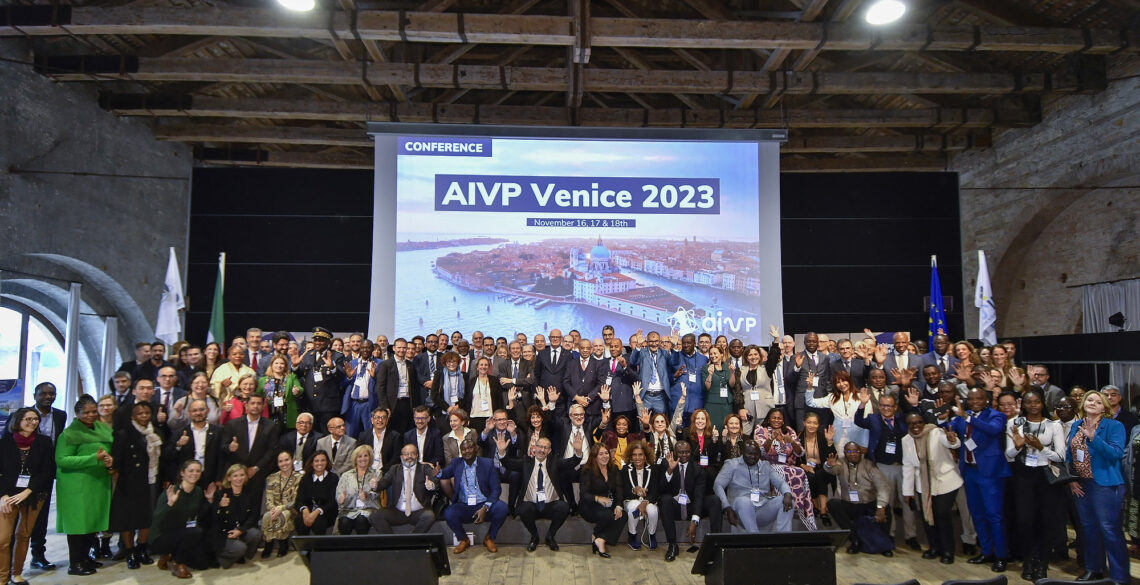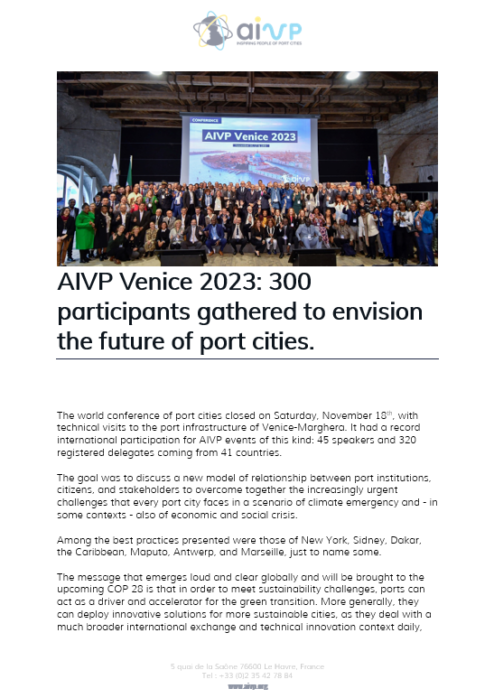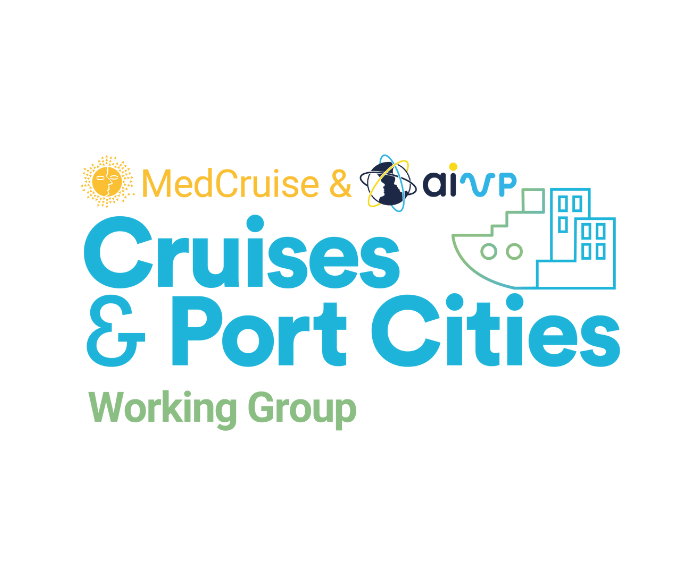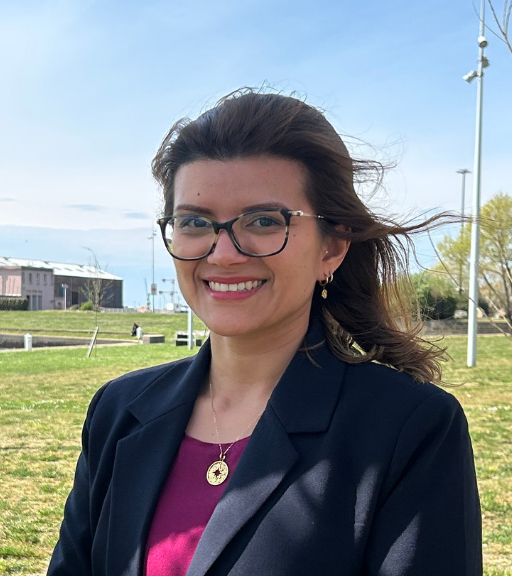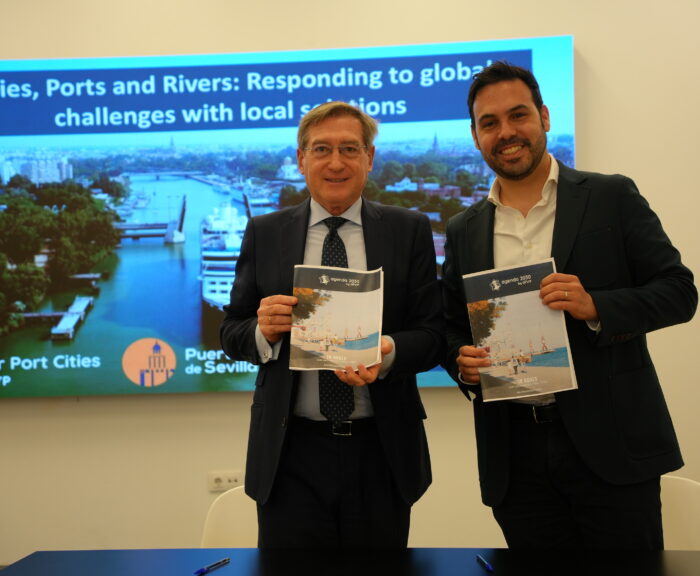The world conference of port cities closed on Saturday, November 18th, with technical visits to the port infrastructure of Venice-Marghera. It had a record international participation for AIVP events of this kind: 45 speakers and 320 registered delegates coming from 41 countries.
The goal was to discuss a new model of relationship between port institutions, citizens, and stakeholders to overcome together the increasingly urgent challenges that every port city faces in a scenario of climate emergency and – in some contexts – also of economic and social crisis.
Among the best practices presented were those of New York, Sidney, Dakar, the Caribbean, Maputo, Antwerp, and Marseille, just to name some.
The message that emerges loud and clear globally and will be brought to the upcoming COP 28 is that in order to meet sustainability challenges, ports can act as a driver and accelerator for the green transition. More generally, they can deploy innovative solutions for more sustainable cities, as they deal with a much broader international exchange and technical innovation context daily but this will only be possible with the engagement of local communities and stakeholders.
As the president of the AIVP, Mr. Edouard Philippe, indicated in this speech:
“If international tensions are on the rise, it’s because we are living in a time marked by accelerating climate change and growing concern about the ability of our international community to meet its environmental commitments.
(…)
Port cities are the first to be impacted by global warming, but let’s not forget that they are also the first to implement ad hoc or sustainable solutions.
(…)
It’s up to all of us, as port cities, to consider this (ecologic) transition as a priority and as an opportunity to remain fully involved in our territories. And it’s up to all of us (port city leaders) to assume our responsibilities by supporting and accelerating the decarbonization of the maritime economy, starting with shipping.
(…)
The AIVP is therefore determined to defend, in the eyes of international bodies, our ambition to establish ourselves as exemplary and innovative territories in terms of decarbonization and environmental protection.”
North Adriatic Sea Port Authority’s President Fulvio Lino Di Blasio, co-organizer of the event, said: “Today is the right, time-perhaps the last, to redefine the identity of port-cities, which are on the ‘front line’ to face very tough challenges: coastal defense from rising seas, ecosystem protection, circular economy, alternative energies, etc. If we see these challenges as a source of ‘conflicts’, where different actors bring instances that are difficult or impossible to reconcile, we will not be able to win them. But port-cities are also ‘bridges’ between land and sea, they are excellent ‘hinges’ that unite, they are ‘laboratories’ where we can experiment with coexistence, with development according to a commonality of purpose that must bring together in a ‘holistic’ way all the dimensions of sustainability. This is the perspective we have adopted in the management of the port system of the Veneto, the only one we believe capable of generating lasting values for our territory.”
To make highlight the global role that port cities can play in designing new models, AIVP has launched the Antoine Rufenacht (AR) Prize, in honor of the association’s founder, former mayor of the maritime city of Le Havre. The prize will emphasize exemplary port city projects, with respect to parameters related to the Agenda 2030, which pursue a comprehensive strategy of city and ecosystem development simultaneously.
The first edition of the AR Prize will see the light of day in 2024. The prize ceremony will be held in Lisbon, the port city that will host next year’s AIVP World Conference.

